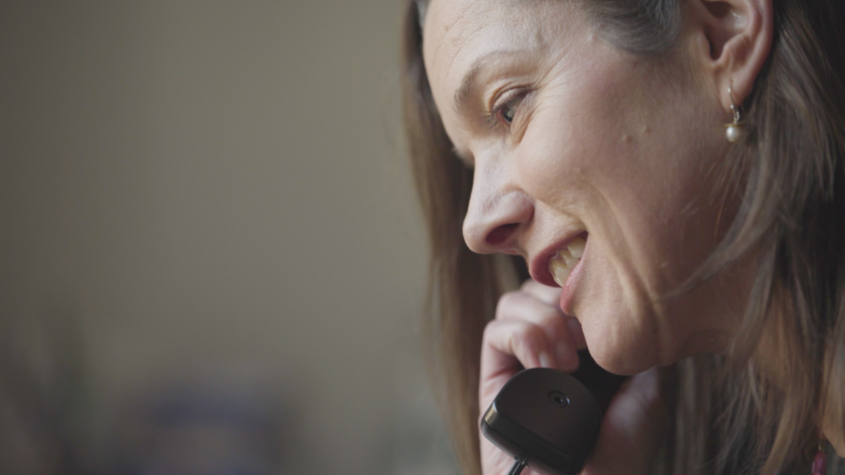The cancer
You may get pain from the cancer in the pancreas, or from pancreatic cancer that has spread to other parts of the body (advanced or metastatic cancer).
Pancreatic cancer can affect nerves near the pancreas, causing pain in the tummy or back.
The cancer can sometimes block the duodenum (first part of the small intestine), which can cause discomfort and sickness. A tube called a stent may be put in to treat this.
Sometimes the cancer can cause fluid to build up in the tummy area. This is called ascites. It can cause pain and discomfort. A small drain may be put in to drain the fluid.
If the cancer spreads to the liver, it can make the liver larger, which can cause pain.
Problems with digestion
The pancreas plays an important role in digesting food, as it produces enzymes that help to break down the food. Pancreatic cancer can affect this, and cause lots of symptoms. These include tummy discomfort or pain, cramps, lots of wind, and bloating.
Pancreatic enzyme replacement therapy (PERT) can help manage problems digesting food and these symptoms. They replace the enzymes that your pancreas would normally produce. Brands include Creon®, Nutrizym® and Pancrex®.
If you have any of these symptoms, or haven’t been told about enzymes, speak to your doctor, nurse or dietitian.
Cancer treatment
Some cancer treatments can cause pain or discomfort.
Surgery
Some people with pancreatic cancer have surgery.
- If there are no signs that the cancer has spread outside of the pancreas, you may be able to have surgery to remove your cancer.
- Some people with cancer that can’t be removed by surgery may have bypass surgery, to treat a blocked duodenum or a blocked bile duct. This can help deal with symptoms such as sickness or jaundice.
It is normal to have some pain and discomfort for a few weeks after surgery. This is usually controlled with painkillers, and will improve.
Stents
A stent is a small tube that is used to open a blocked bile duct or a blocked duodenum. This can help treat symptoms such as jaundice or sickness.
There is a risk that your stent can get blocked, infected or move out of place. This can cause tummy pain. Tell your doctor or nurse about any pain straight away. They can give you painkillers to help manage your pain, or antibiotics to treat any infections. The stent may need to be replaced.
Side effects of chemotherapy
Chemotherapy is one of the main treatments for pancreatic cancer. It can help to control the cancer and manage symptoms, but it can sometimes have side effects that can be uncomfortable or painful. These may depend on the chemotherapy drug you are having.
Chemotherapy can sometimes damage the nerves in your hands or feet. This can cause pain, tingling or numbness in these areas. This is called peripheral neuropathy, and you may need painkillers for it.
Chemotherapy can also cause:
- a sore mouth and mouth ulcers
- sore palms of your hands and soles of your feet
- joint or muscle pains
- diarrhoea or constipation which can be uncomfortable
- bloating and discomfort in your tummy.
Tell your doctor or nurse if you have any of these or any other side effects while having chemotherapy.
If you are having chemotherapy and have any pain or tightness in your chest, or any pain or swelling in your arms or legs, contact your doctor or nurse straight away.
